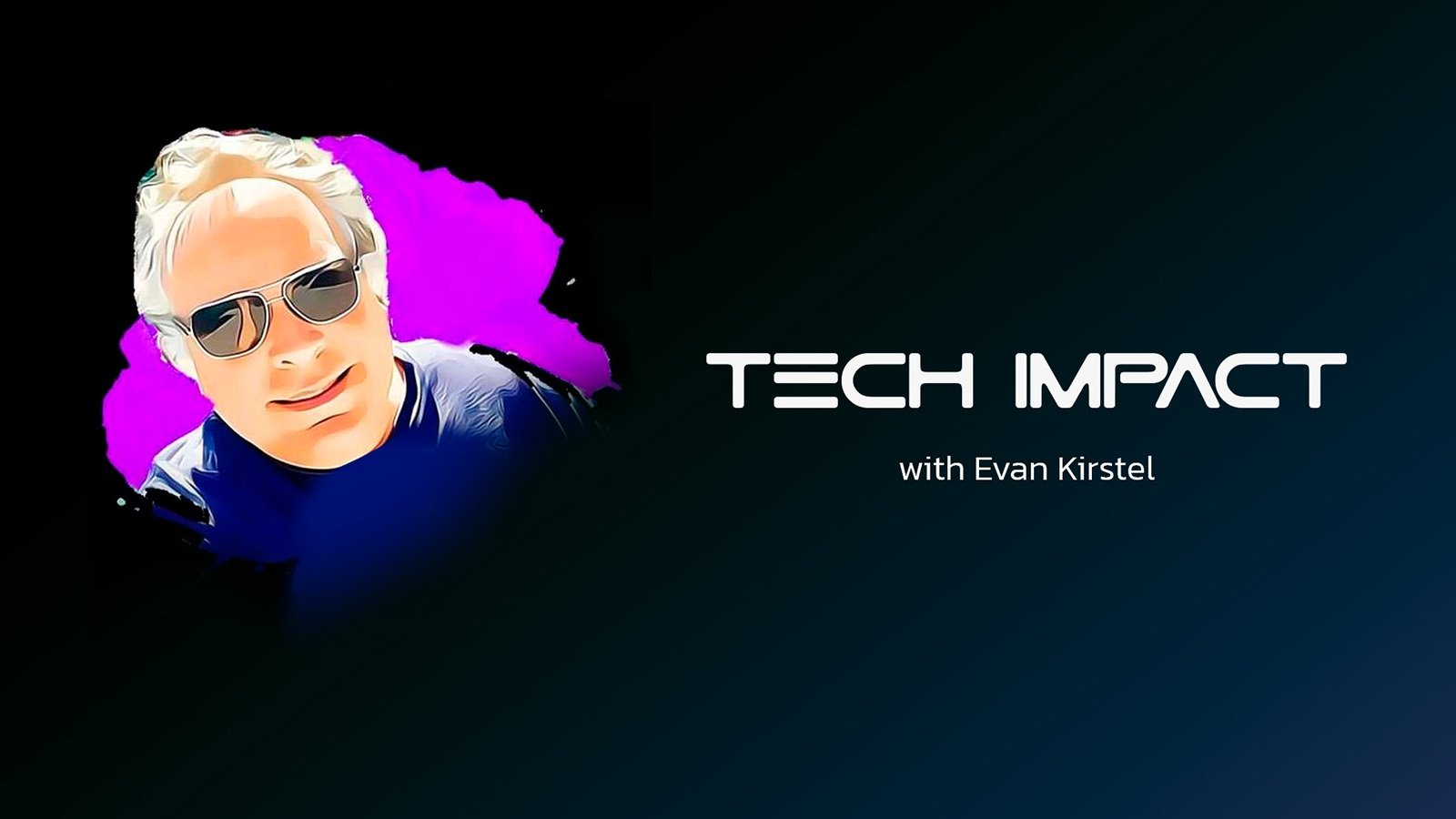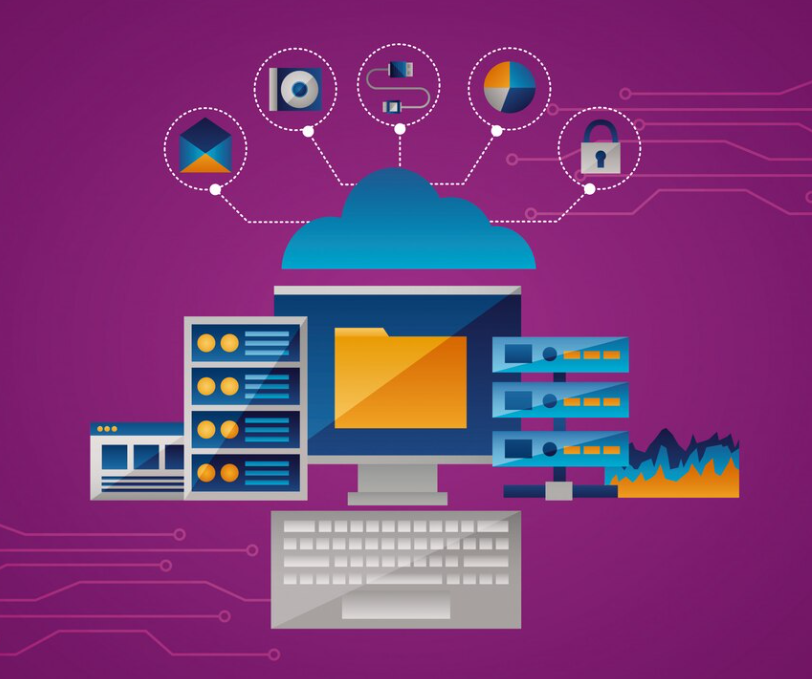In today’s interconnected world, data has become the new currency. Businesses and individuals alike rely on the seamless collection, transfer, and storage of information to function effectively. However, this increasing dependency on data has brought a critical issue to the forefront: data privacy and storage. As we navigate the digital age, understanding these concepts is vital for both personal security and professional success.
What is Data Privacy?
Data privacy, also known as information privacy, involves the proper handling, processing, and storage of personal data. Its goal is to protect sensitive information from unauthorized access while ensuring compliance with legal and ethical standards. Personal data can include anything from names, addresses, and financial information to more sensitive data like medical records and browsing habits.
The importance of data privacy is underscored by the rise of data breaches and cyberattacks. These incidents can result in identity theft, financial loss, and reputational damage for both individuals and organizations. For example, the Cambridge Analytica scandal highlighted the potential misuse of personal data on a global scale, sparking widespread concerns about privacy in the digital space.
The Legal Landscape of Data Privacy
To address these concerns, various governments and organizations have implemented regulations to protect user data. Some of the most notable laws include:
- General Data Protection Regulation (GDPR): Implemented by the European Union, the GDPR is one of the most stringent privacy laws globally. It mandates that organizations obtain explicit consent before collecting personal data and ensures individuals have the right to access, rectify, and delete their data.
- California Consumer Privacy Act (CCPA): This U.S. law provides California residents with greater control over their personal information, allowing them to know what data companies collect and request its deletion.
- Personal Data Protection Act (PDPA): Enforced in countries like Singapore, the PDPA regulates the collection, use, and disclosure of personal data.
For businesses, compliance with these laws is not optional. Non-compliance can result in hefty fines and reputational damage, making it crucial to prioritize data privacy in their operations.
What is Data Storage?
Data storage refers to the methods and technologies used to save digital information. As the volume of data generated daily continues to grow, efficient and secure storage solutions have become essential.
Common data storage methods include:
- Cloud Storage: Platforms like Google Drive, AWS, and Microsoft Azure offer scalable and flexible storage solutions. They allow users to access their data anytime, anywhere, provided they have an internet connection.
- On-Premises Storage: This involves using physical servers located within an organization’s premises. While it offers control and security, it can be costly and less scalable compared to cloud solutions.
- Hybrid Storage: Combining the best of both worlds, hybrid storage systems use both cloud and on-premises solutions to meet specific needs.
Challenges in Data Storage
While the evolution of data storage technologies has made information more accessible, it has also introduced challenges, such as:
- Cost: As data volumes grow, the cost of storage infrastructure increases, particularly for businesses with large datasets.
- Security: Storing sensitive data comes with risks. Cyberattacks, data breaches, and insider threats can compromise stored information.
- Data Fragmentation: With data stored across multiple platforms, managing and consolidating it can become complex and time-consuming.
The Intersection of Data Privacy and Storage
Data privacy and storage are two sides of the same coin. While storage focuses on how and where data is kept, privacy ensures it is protected from unauthorized access. For instance, encrypting data during storage is a fundamental practice that addresses both privacy and security concerns.
To ensure data privacy in storage, organizations should:
- Implement Robust Security Protocols: Encryption, firewalls, and multi-factor authentication can significantly reduce the risk of unauthorized access.
- Regularly Update Systems: Keeping software and hardware up-to-date protects against vulnerabilities.
- Limit Access: Adopting a principle of least privilege ensures that only authorized personnel can access sensitive information.
Future Trends in Data Privacy and Storage
The rapid pace of technological advancement is reshaping the landscape of data privacy and storage. Here are some emerging trends to watch:
- Decentralized Storage: Platforms like blockchain offer decentralized storage solutions, which can enhance data security and privacy.
- Artificial Intelligence (AI): AI-powered tools are being developed to identify vulnerabilities in storage systems and predict potential data breaches.
- Privacy-Enhancing Technologies (PETs): Techniques like homomorphic encryption and differential privacy are gaining traction, enabling data analysis without compromising privacy.
- Quantum Computing: While still in its infancy, quantum computing poses both opportunities and threats to data storage and encryption methods.
Why Data Privacy and Storage Matter
At its core, data privacy and storage are about trust. Users trust businesses and organizations to protect their information, and any breach of this trust can have long-lasting consequences. For individuals, understanding these concepts is equally important to safeguard personal information in an increasingly digital world.
How TechImpact.TV is Driving the Conversation
At TechImpact.TV, we explore the cutting-edge developments in science and technology, including data privacy and storage. Our mission is to educate, inform, and inspire our audience to navigate the digital age with confidence. Through in-depth discussions and expert insights, we aim to shed light on the critical issues shaping our technological future.
Stay tuned for more updates and insights as we continue to delve into the transformative power of technology. Follow TechImpact.TV for the latest in data privacy, storage, and beyond.












